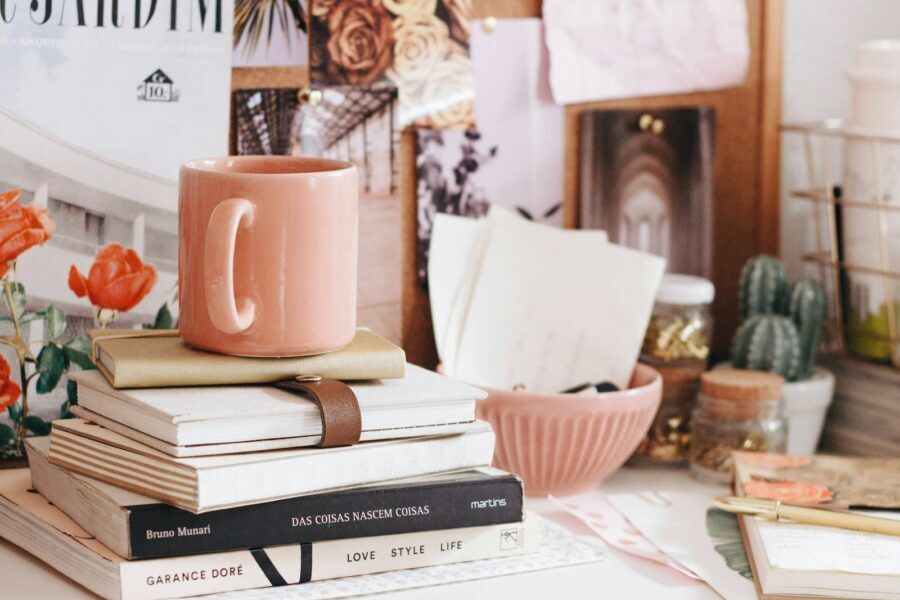Almost half of Brits who confess to messy workspaces say they feel ‘overwhelmed’, ‘stressed’ or ’embarrassed’ by it – with many receiving remarks from colleagues over the clutter.
Two in ten workers (22%) say the untidiness also has a negative impact on their mood and/or productivity levels, with employees significantly more likely to have a laid-back approach to their work setup as opposed to their office desk.
According to the study of 1,000 Brits by marketing agency Repeat Digital, women are more likely to have a messy work station and feel affected by it, compared to men.
It also reveals that London and Liverpool are home to the most ‘desk jungles’. In contrast, Newcastle has the most organised workers, where more than a quarter of employees (26%) say their work area is ‘perfectly tidy’.
Dr Rebekah Wanic, a mindset psychologist at Vent to Reinvent, explains that our workspaces can and are used as information for social judgement, and therefore people may feel embarrassed when their workspace is too messy because it may signal that they are not in control or on top of their work. However, Wanic urges that workers shouldn’t feel embarrassed about a messy workspace unless it is messy in a way that interferes with others.
Social media is full of messages about how to do everything with someone claiming that one way of organising is better than another or that a certain type of colour scheme or set up is more optimal. Most of this is garbage! Individuals should experiment with what works best for them and their unique needs.
Dr Rebekah Wanic, a mindset psychologist at Vent to Reinvent
In light of hybrid and remote working becoming the norm for many, the research was undertaken by Repeat Digital to discover how changing working patterns have led to the blurring line between our professional and personal lives.
An estimated 23.4 million adults (44% of the population) now work from home at least some of the time – an increase from 4.7 million people pre-pandemic.
The study also highlights the number of items individuals have on their main desk, other than the following essential equipment: laptops/screens, display stands, mouse, mouse mat and keyboard. A person’s main desk relates to the place they spend the most time, whether that be at home or in an office.
While a handful of Brits love their desk relatively bare (8% have no additional items), more than a quarter of us have more than ten items on our work surface.
The most common themes/items are:
- Personal items bought by a friend or family member
- Soft toys
- Figurines
- Trophies/football memorabilia
- Rubber ducks
- Fidget toys/stress balls
- Lego
Olly Fisher, founder of Repeat Digital, says:
While there is a lot of light-heartedness to our study, it does highlight more serious topics which employers may want to address, for example, why four in ten workers are eating lunch at their desk either every day or most days. The last thing employers want is for their teams to feel overworked, overwhelmed or stressed, whatever the source. With this being said, there is probably a balance between allowing employees to express their individuality while protecting the business from productivity lapses and potential data breaches.
Olly Fisher, founder of Repeat Digital
Joanne is the editor for Workplace Wellbeing Professional and has a keen interest in promoting the safety and wellbeing of the global workforce. After earning a bachelor's degree in English literature and media studies, she taught English in China and Vietnam for two years. Before joining Work Well Pro, Joanne worked as a marketing coordinator for luxury property, where her responsibilities included blog writing, photography, and video creation.



